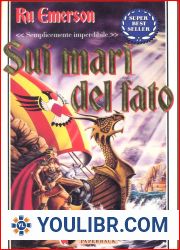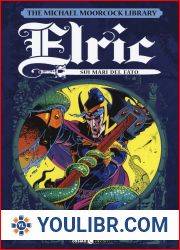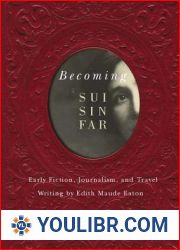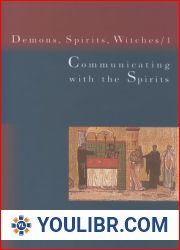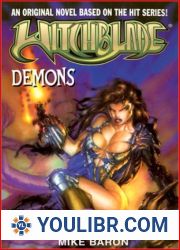
BOOKS - The Three Sui Quash the Demons' Revolt: A Comic Novel Attributed to Luo Guanz...

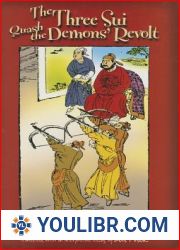
US $5.48

378097

378097
The Three Sui Quash the Demons' Revolt: A Comic Novel Attributed to Luo Guanzhong
Author: Luo Guanzhong
Year: September 30, 2010
Format: PDF
File size: PDF 1.7 MB
Language: English
Year: September 30, 2010
Format: PDF
File size: PDF 1.7 MB
Language: English
The twenty-chapter novel The Three Sui Quash the Demons' Revolt is traditionally attributed to Luo Guanzhong (d. after 1364?), the alleged author of two of China's most famous and beloved works of fiction, The Romance of the Three Kingdoms and The Water Margin. The Three Sui tells the story of the uprising of adherents of the Maitreya Buddha led by Wang Ze in 1047-1048. Wang Ze was eventually executed and all future heterodox activity outlawed.Paradoxically, The Three Sui treats the rebellion as an occasion for slapstick, baggy-pants humor in which facts are distorted and wildly mixed with fiction. Wang Ze's real-life lieutenants show up as a comical peddler and a mysterious Daoist priest. A celebrated warrior takes part in the rebellion despite having died seventeen years earlier. Although the novel is divided into chapters and otherwise follows the traditional format for such extended narratives, a careful examination reveals The Three Sui is an arrangement of self-contained vernacular stories. No story bears an intrinsic relationship to any other story. And because the integrity of the various stories has been so remarkably preserved, The Three Sui is a vernacular novel in which the vernacular story reigns supreme.Although the Wang Ze rebellion took place during the Northern Song dynasty (960-1127), ultimately The Three Sui is the story of the Ming dynasty (1368-1644) in Song masquerade. It calls attention to the social unrest, even anarchy, caused by the rising power and influence of movements like The White Lotus Society and warns of the Ming's downfall unless such groups are contained. In this, the novel proved to be a prescient The Ming collapsed as the result of a central authority weakened by mass sectarian uprisings.The Three Sui has been little known and sadly overlooked by scholars of Chinese literature and history. Now this vibrant translation and insightful interpretive essay make this early example of Chinese vernacular fiction available to a broad audience interested in comparative literature and fiction.







